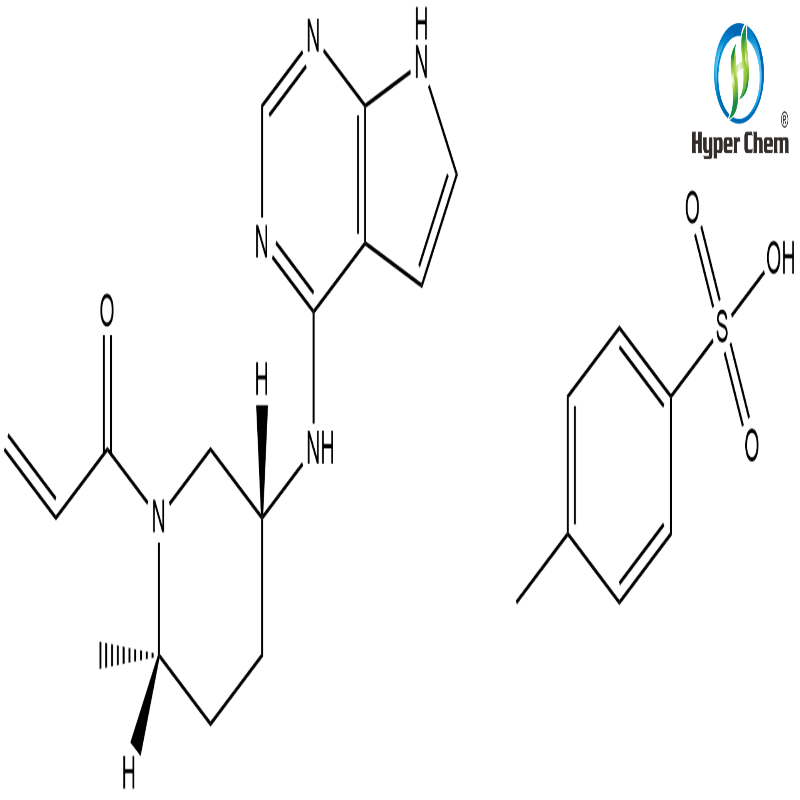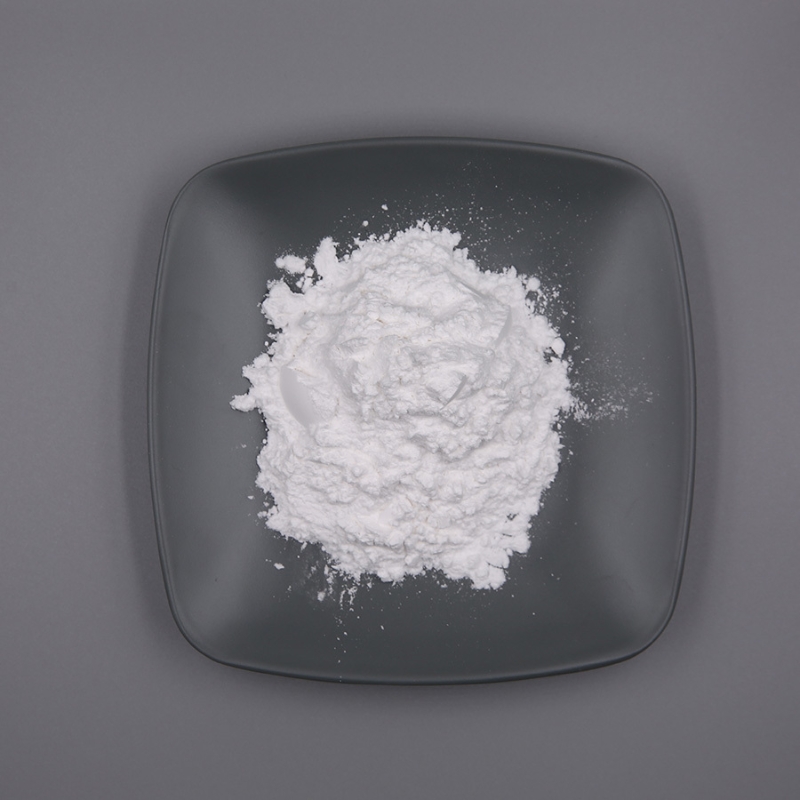-
Categories
-
Pharmaceutical Intermediates
-
Active Pharmaceutical Ingredients
-
Food Additives
- Industrial Coatings
- Agrochemicals
- Dyes and Pigments
- Surfactant
- Flavors and Fragrances
- Chemical Reagents
- Catalyst and Auxiliary
- Natural Products
- Inorganic Chemistry
-
Organic Chemistry
-
Biochemical Engineering
- Analytical Chemistry
-
Cosmetic Ingredient
- Water Treatment Chemical
-
Pharmaceutical Intermediates
Promotion
ECHEMI Mall
Wholesale
Weekly Price
Exhibition
News
-
Trade Service
January 27, 2021 // / -- Pfizer recently announced the results of a recently completed evaluation of oral JAK inhibitor Xeljanz (tofacitinib, tofacitinib) for the treatment of rheumatoid arthritis (RA) after the launch of the required safety study ORAL Surveillance (A3921133, NCT02092467).
the main purpose of the study was to assess the safety of 2 doses (2 times 5 mg per day, 2 times a day 10 mg) Xeljanz with a TNF inhibitor (TNFi) in PATIENTs aged ≥50 years with at least one additional cardiovascular (CV) risk factor.
the study's common primary endpoint was the non-poor effectiveness of Xeljanz compared to TNFi in terms of major adverse cardiovascular events (MACEs) and malignant tumors (excluding non-melanoma skin cancer (NMSC).
results show that for these common primary endpoints, the pre-defined non-inferiority criteria were not met when making a preliminary comparison of the combined Xeljanz dose with TNFi.
the main endpoints of the two Xeljanz treatment groups were not different based on pre-designated secondary comparisons.
study included 4,362 subjects who received the study' treatment.
analysis included 135 MACE patients and 164 malignant tumor patients (excluding NMSC).
for Xeljanz, the most common MACE reported was myocardial infarction, and the most common malignancy (excluding NMSC) was lung cancer.
the higher incidence of known risk factors for MACE and malignant tumors (e.g. older, smoking), the incidence was higher in all treatment groups.
, the results of the study are not yet complete, except for common primary endpoints, including but not limited to secondary endpoints, such as pulmonary embolism and mortality and efficacy data.
is working with the U.S. Food and Drug Administration (FDA) and other regulators to review the full results and analysis.
to provide information about the safe and effective use of our drugs," said Dr. Tamas Koncz, Pfizer's chief medical officer for inflammation and immunology.
we believe that an extensive additional analysis of these research data and their communication as quickly as possible will further clarify the benefits and risks of Xeljanz to help with medical decision-making and patient care.
"Xeljanz's active pharmaceutical ingredient is tofacitinib (Tofacitinib), an oral JAK inhibitor that selectively inhibits JAK kinases and blocks the JAK/STAT path, a signaling path path that is stimulated by cytokines and participates in many important biological processes such as cell proliferation, differentiation, apoptosis, and immunomodulation.
approved in the U.S. in 2012, Xeljanz is the first JAK inhibitor to be available, and the drug is available oral twice a day.
currently, Xeljanz has been approved for four adaptive disorders: (1) treatment of adult patients with moderate to severe active rheumatoid arthritis (RA); (3) Treatment of adult patients with moderate to severe ulcerative colitis (UC); (4) treatment of young idiopathic arthritis (pcJIA) children and adolescents aged ≥2 years of age with active multi-joint disease.
It's worth noting that Xeljanz is the first and only JAK inhibitor approved in the United States for the treatment of pcJIA, which includes two dosage forms of Xeljanz, one tablet and the other oral solution, based on weight.
the Chinese market, Xeljanz was approved in March 2017 for the treatment of moderate to severe active RA adult patients with MTX treatment that is inadequate or insatiable.
Xeljanz can be combined with MTX or other non-biological DMARD drugs, the recommended dose approved for 5 mg, 2 times a day or so, with or without food.
this approval, Xeljanz became the first JAK inhibitor to treat rheumatoid arthritis (RA) in the Chinese market.
Origin: Pfizer Shares Co-Primary Endpoint Results from Post-Marketing Required Safety Study of XELJANZ® (tofacitinib) in Subjects with Rheumatoid Arthritis (RA)







